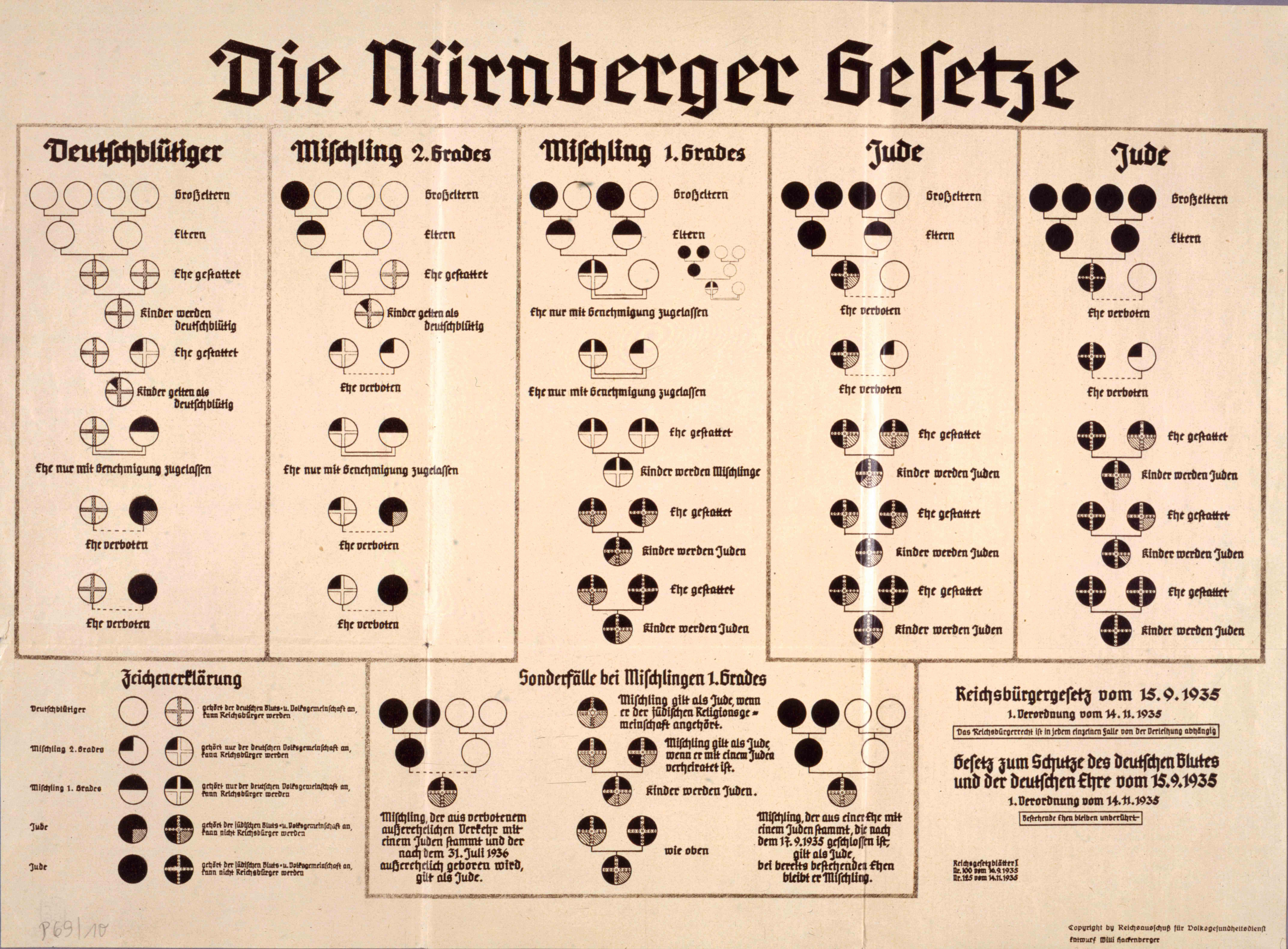Views
Nothing Found
Sorry, no posts matched your criteria
News
Lecture, April 27: Application of the 3rd Nuremberg Law in Foreign Courts

We all know that the 3rd Nuremberg law banned marriages between Jews and Non-Jews. But did you know that it was first applied not by a German but by a Dutch court, as the law applicable under private international law? Didier Boden presents fifteen years of research – not just of court decisions, but also of administrative practice, with a focus on the personal fates of the couples involved. He combines this with a plea for a private international law that goes beyond doctrine and focuses on individual humans.
Talk (in German) on April 27, 5 pm CET.
More information and sign-up here.
4th CPLJ webinar – 7 May 2021

Comparative Procedural Law and Justice (CPLJ) is a global project of the Max Planck Institute Luxembourg for Procedural Law, with the support of the Luxembourg National Research Fund (O19/13946847), involving more than one hundred scholars from all over the world.
CPLJ is envisioned as a comprehensive study of comparative civil procedural law and civil dispute resolution schemes in the contemporary world. It aims at understanding procedural rules in their cultural context, as well as at highlighting workable approaches to the resolution of civil disputes.
In this framework, the Max Planck Institute Luxembourg for Procedural Law will host its 4th CPLJ Webinar on 7 May 2021, 3:00 – 5:15 pm (CET).
The programme reads as follows:
Chair Margaret Woo (Northeastern University and CPLJ Editor)
3:00 PM Judith Resnik (Yale University)
Puzzling about Trans-procedural Substantive Norms across Time and Domains
3:30 PM Discussion
4:00 PM Intermission
4:15 PM Marie-Claire Foblets (Max Planck Institute for Social Anthropology)
Extrajudicial Dispute Resolution in Europe: Anthropological Insights on the Impact of Religion and Tradition
4:45 PM Discussion
5:15 PM End of conference
The full programme is available here.
Participation is free of charge, but registration is required by 4 May 2021 via a short e-mail to events@mpi.lu.
(Image credits: Rijksmuseum, Amsterdam)
ABLI-HCCH Webinar: HCCH 1970 Evidence Convention and Remote Taking of Evidence by Video-link on 1 June 2021
Singapore-based Asian Business Law Institute (ABLI) is jointly holding a webinar with the Permanent Bureau of the Hague Conference on Private International Law (HCCH) on the HCCH 1970 Evidence Convention and Remote Taking of Evidence by Video-link on Tuesday, 1 June 2021 from 4pm to 5:15pm (SGT) or 10am to 11:15 am (CEST).
This event, organised in the context of the ongoing celebrations of the golden anniversary of the 1970 Evidence Convention, will discuss the practical challenges of the cross-border taking of evidence, as well as possible solutions to further facilitate cross-border proceedings in the coming years, including the use of video-link technology for the taking of evidence abroad under the 1970 Evidence Convention. A short introduction of the HCCH 1965 Service Convention will be provided at the end of the session.
Invited speakers include, in alphabetical order, Alexander Blumrosen, Partner at Polaris Law, Edmund J. Kronenburg, Managing Partner at Braddell Brothers LLP and Justice Anselmo Reyes, International Judge of the Singapore International Commercial Court. Dr João Ribeiro-Bidaoui, First Secretary at the HCCH, and the Representative for the Regional Office for Asia and the Pacific (ROAP) of the HCCH, Professor Yun Zhao, will also speak at the session.
More details about the programme can be found here.
Readers of this blog can enter promo code ABLISG and select ticket category ABLI Founding Partners when registering online to enjoy 10% discount.
Inquiries about the programme or how to register can be directed to Catherine at catherine_shen@abli.asia.



